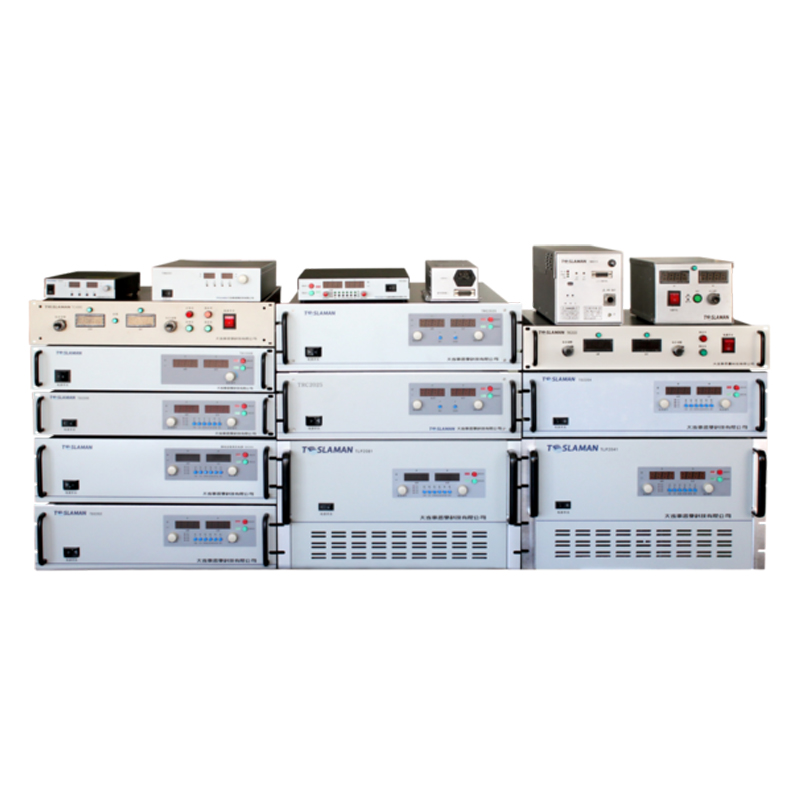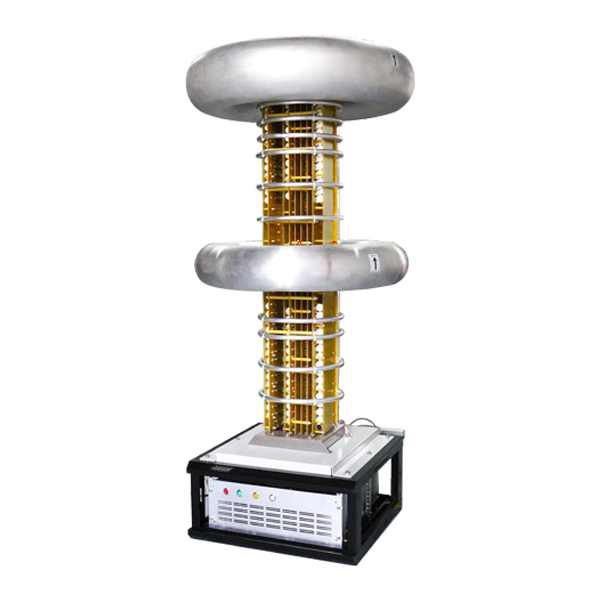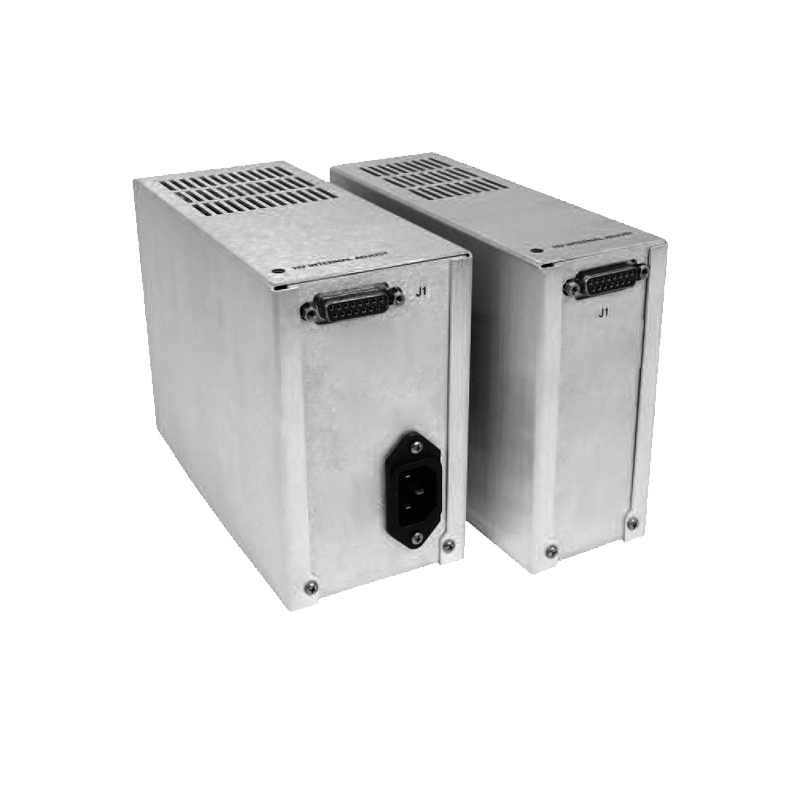Realizing Multi-Component Detection through the Combination of High-Voltage Power Supplies and Mass Spectrometers
Mass spectrometer is an extremely powerful technical tool used for material analysis, and is widely applied in pharmaceutical R&D, food safety, clinical testing and other fields. However, traditional mass spectrometers can only analyze a single target compound, posing obstacles for rapid detection of complex multi-component samples. In recent years, the combination of high-voltage power supplies and mass spectrometers has provided solutions to this challenge.
The ion source is essentially the "pretreatment" unit of the mass spectrometer, and its ionization performance directly affects the detection results. The inductively coupled plasma ion source requires a stable high-voltage power supply to provide power so as to generate a strong electromagnetic field and excite plasma. By utilizing high-end high-voltage power supplies, extremely stable DC high voltage can be delivered to the ion source, guaranteeing excitation efficacy of the plasma.
Under plasma conditions, different components can be effectively ionized, and separated and detected in the mass spectrometer in the form of ions. The stable ionization environment provided by the high-voltage power supply enables the mass spectrometer to collect spectral signals of various components simultaneously, realizing comprehensive analysis of the complex components in the sample.
Compared with single ion detection mode, multi-ion detection can significantly improve the detection throughput of the sample, greatly shortening the testing time. Meanwhile, comparative analysis between signals of different components can deeply investigate the mutual effects between sample ingredients, improving detection accuracy.
The combination of high-voltage power supply and mass spectrometry technologies has made rapid multi-component detection of complex samples possible, and detection sensitivity and accuracy have also been greatly improved. This provides powerful technical support for pharmaceutical R&D, food safety, clinical diagnosis, and environmental monitoring. It can be foreseen that with the further development of high-voltage power supply control technology and mass spectrometry theory, multi-component mass spectrometry analysis will demonstrate even greater application potential.




















